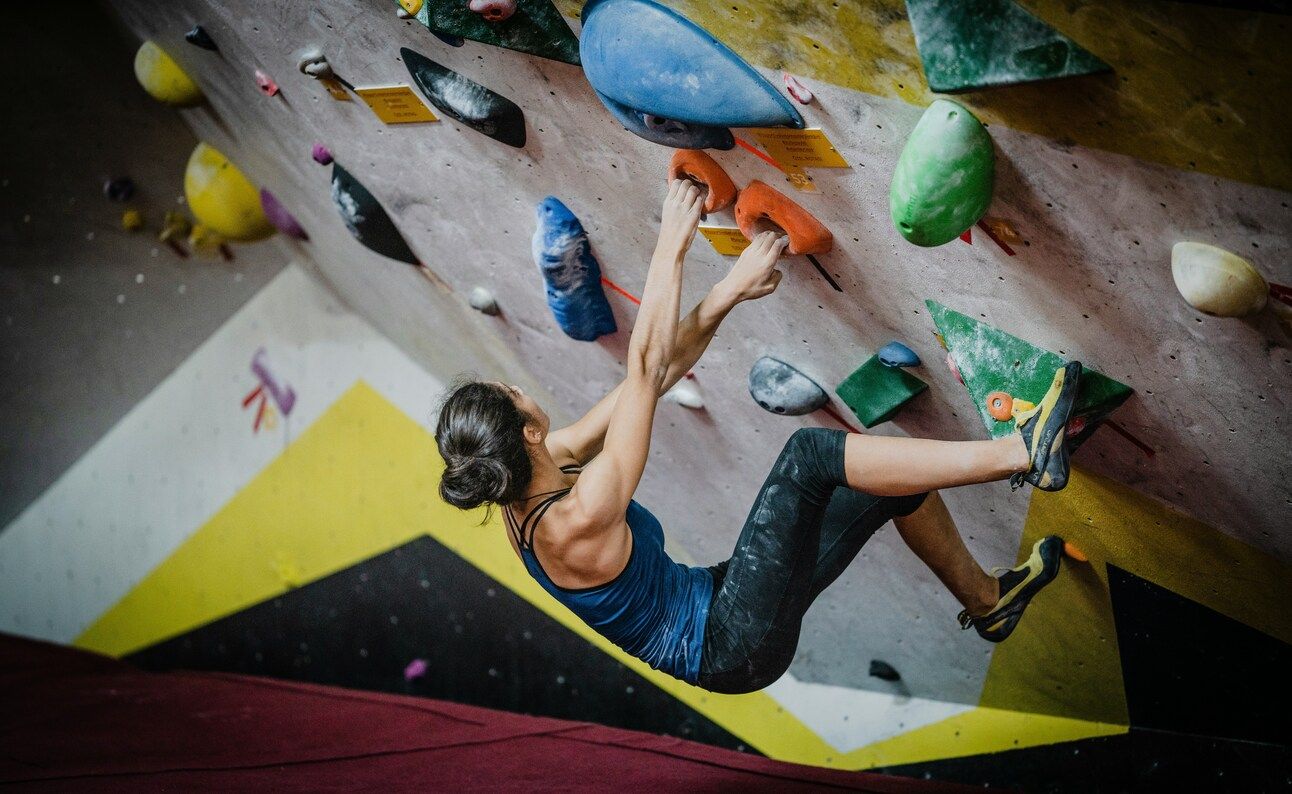Olympics put eating disorders in the spotlight
What you probably already know: The prevalence of eating disorders among young women and girls is hardly a secret: About 15% of women will suffer from an eating disorder by the time they are in their 40s or 50s, and many of those are people with higher BMIs. Now, though, one Olympic sport is putting this issue among athletes in the spotlight: elite climbing. Because the sport is essentially a fight with gravity, the lighter the competitor, the perception is, the better they’ll be. That has created a dangerous issue for the sport, where it’s become part of the culture. But eating disorders among competitive athletes is hardly a one-sport problem.
Why? It’s a staggering problem. An estimated 42% of female athletes, regardless of age, sport or competitive level, suffer from eating disorders, and as many as 70% engage in behaviors that can quickly develop into disordered eating, like restricting food or trying to lose weight, according to a study by Mass General Brigham. The same study found that athletes who compete in individual sports are at higher risk because their individual performance gets put so closely into focus each time they compete. That said, U.S. Olympic women’s rugby player Ilona Maher spoke out this year when commenters on her Instagram suggested she was “obese” and tried guessing her BMI. The pressures of the sport, combined with the social pressures all tie into the issue.
What it means: Anorexia is the highest-risk eating disorder when it comes to mortality rates: about 10.200 people die each year and those with eating disorders are 11 times more likely to attempt suicide than their peers. Now, though, some are calling on the individual sports federations to add protections and support for athletes who struggle with eating disorders. Olympic climbers have called on the International Federation of Sport Climbing to enact better supports, but the issue is prevalent in many other sports, including boxing, where weight literally determines whether you can compete, and gymnastics, which has a long history of eating disorders.
What happens now? Many athletes’ unhealthy relationships with food starts early in their development, and can often be tied back to the emphasis coaches, officials, teammates and others can place on them when they’re too young to regulate the information. Making sure youth coaches — many of whom are volunteers and often undergo little training — understand the risks athletes face is critical to addressing the issue.
Check out the Formidable Podcast — informational interviews with women leaders on news-driven topics, spotlighting timely and thought-provoking issues facing our world.
Listen on Spotify or Apple Podcasts.


